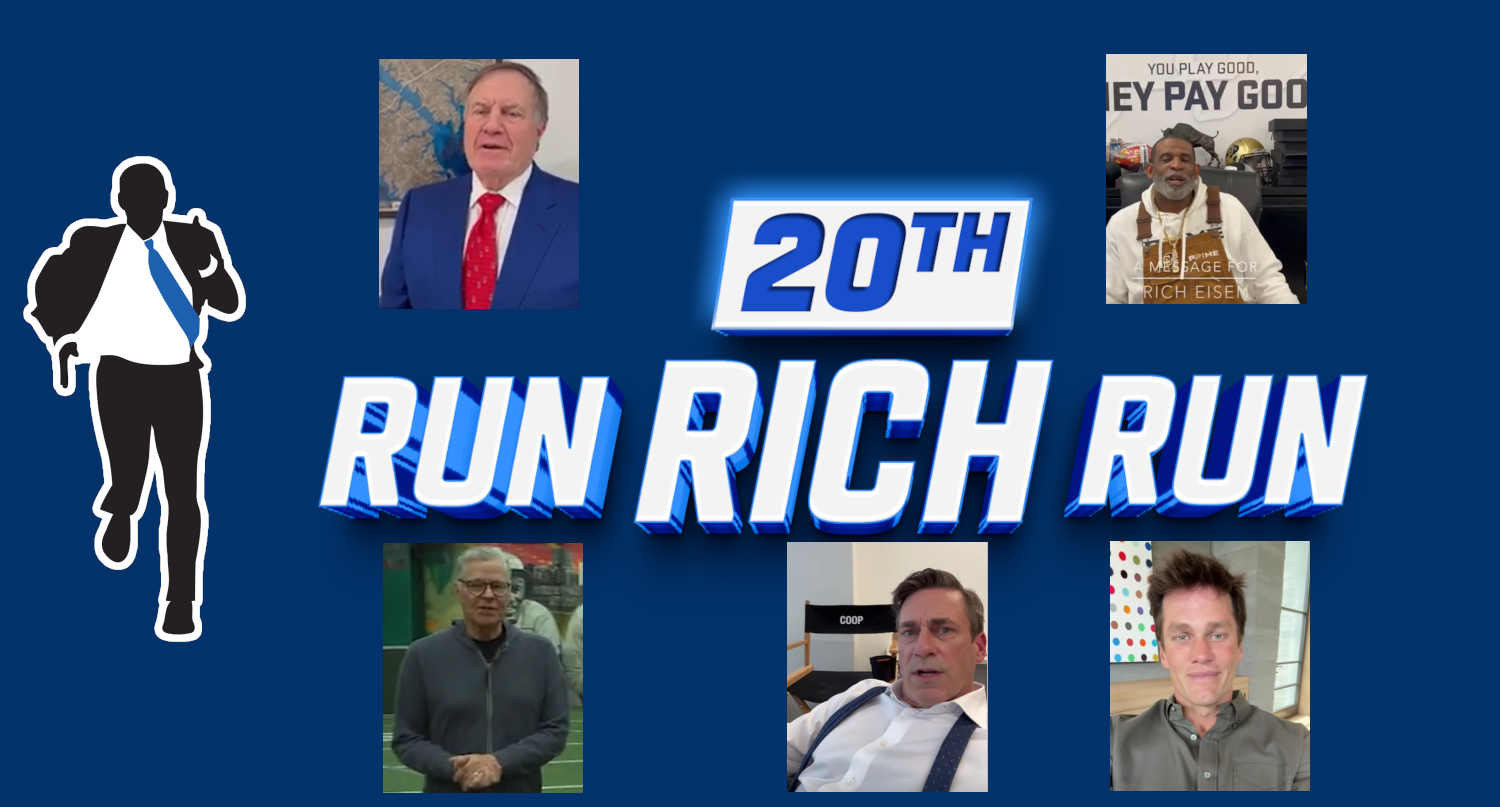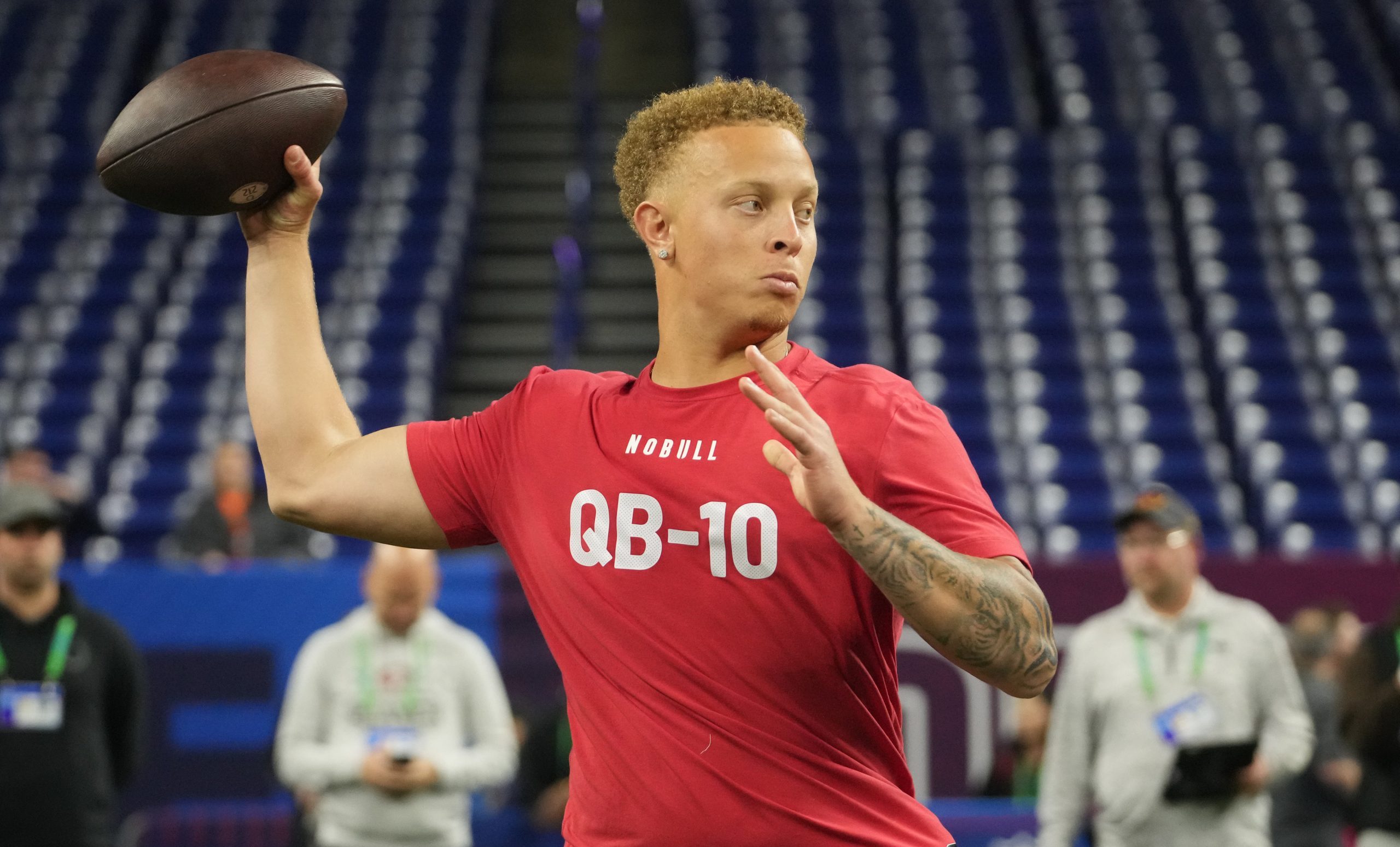There’s long been discussion of the challenges that come with ESPN covering sports where they also have live rights. Those challenges have particularly difficult dimensions when it comes to college football,. There, the collection of conferences rather than a single league means many top teams don’t play each other in an individual season, leading to rankings and media coverage on perceived conference strength having tangible impacts. And, even more than that, the conference setup often leads to realignment, and the last decade-plus of realignment has been primarily driven by TV dollars (or lack thereof) for college football, including from ESPN.
The degree of ESPN’s specific role in conference realignment can be debated. When these discussions come up, the company is often quick to deny an active role, instead saying that schools and conferences make their own decisions and they then offer TV deals based on the results of those decisions. But that doesn’t appear to be a full guessing game; one FBS athletic director told Chris Vannini of The Athletic last summer that both ESPN and Fox are “quietly” driving realignment behind the scenes by relaying valuations for particular schools.
And while that concept isn’t necessarily all bad (realignment moves made without even a ballpark estimate of what networks would offer could be catastrophic), it’s definitely a role. And others have claimed more active roles for ESPN in particular. That range has included former Big 12 commissioner Bob Bowlsby and former ESPN president John Skipper on the 2021 announcements of Texas and Oklahoma to the SEC, a Sports Business Journal report in 2016 on ESPN and Fox executives encouraging the Big 12 not to expand, and former Boston College AD Gene DeFilippo (with a very emphatic “ESPN is the one who told us what to do“) on 2011 Big East-ACC realignment.
This latest round of realignment also has major implications for, and connections to, ESPN. The network has half the rights to the Big 12, which has just added Colorado, Utah, Arizona, and Arizona State from the Pac-12. They have the full rights to the ACC (which might add Cal and Stanford). And they made an offer for full Pac-12 rights last year that the conference turned down. So a Wright Thompson-voiced segment on ESPN’s College GameDay Saturday, titled “Tailgate Text Threads” and blasting this summer’s realignment (“it feels like the game as we love it is destroying itself to save itself,” “college football as a regional game of rivalries is fading from memory,” “the game now orbits the money,” and more) and its impacts on tradition drew a lot of critical commentary citing ESPN’s own perceived role in that realignment. Here’s the segment.
This ESPN College GameDay segment on realignment, including "It feels like the game as we love it is destroying itself to save itself" and "College football as a regional game of rivalries is fading from memory," took criticism for ESPN's own role in that realignment. pic.twitter.com/ukCzUGzdH2
— Awful Announcing (@awfulannouncing) August 26, 2023
And here’s some of the reaction it drew on Twitter:
College GameDay: “Realignment is killing tradition” pic.twitter.com/KMwsH76z91
— no context college football (@nocontextcfb) August 26, 2023
College Gameday trying to determine who is responsible for all this dadgum realignment the kids are doing pic.twitter.com/AGUA8fcsXE
— fank (@dfank_BU) August 26, 2023
The irony of ESPN College Gameday discussing College Realignment like they as a company (ESPN) aren’t a major reason why it’s happening can’t go understated
— RC Maxfield (@RCMB323) August 26, 2023
GameDay trying to blame the end of rivalries on the ADs and telling them to “make it happen” as if networks aren’t the reason for realignment and the end of these rivalries is riiiiiiiiich
— Peter Pope 🦋🐻 (@pbpope) August 26, 2023
watching college gameday right now and let me tell you, hearing espn talking about how realignment is bad for the sport is…something.
— sean (@jagsfbguy) August 26, 2023
I'm laughing out loud at @CollegeGameDay lamenting over conference realignment. It's their recognition that ESPN drew the short end of the stick by going all in on the two prestigious but regionally segmented conferences in the south and southeast.
— Billy Coby (@123herecomesbc) August 26, 2023
There’s some logic to both the segment and the criticism of it. ESPN’s studio shows, including GameDay, often feature opinion, and this is an opinion piece from Thompson expressing his thoughts as a fan. And those thoughts aren’t exactly uncommon; this wave of realignment in particular has been blasted by a ton of people, from school executives to conference executives to media personalities to fans.
It’s understandable why GameDay would air this. And it’s not as if it’s Thompson, or any on-air ESPN personality, making decisions about TV contracts that impact realignment. But it’s still absolutely fair for fans to note the role that ESPN as a company has played in this process (and while they have disputed some of the specific claims about their involvement, it’s clear that ESPN and Fox in particular have had notable roles in realignment), and the irony in them running segments criticizing realignment.
[Awful Announcing on Twitter]







